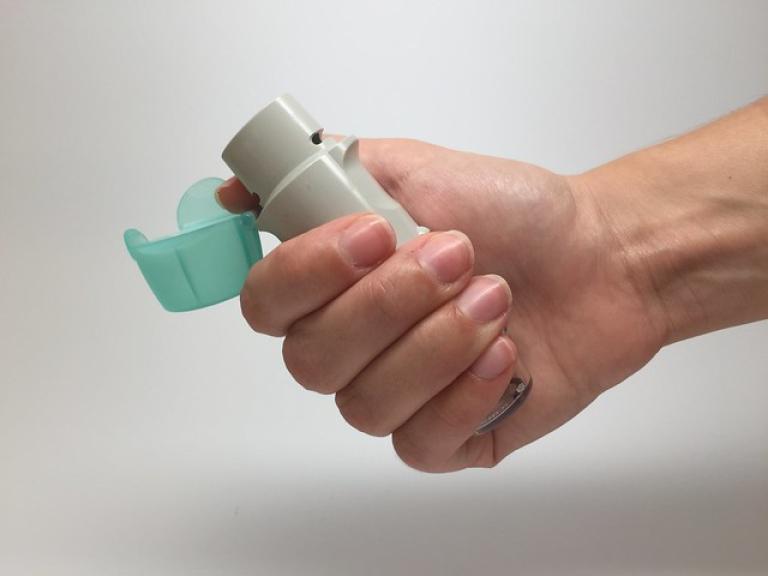What Are Clinical Trials?
Clinical trials are research studies in which people help doctors find ways to improve health. Each study seeks to answer scientific questions and to find better ways to prevent, diagnose, or treat disease. Medical products, such as drugs, vaccines, and diagnostic tests, have to be studied in clinical trials before they can be approved for public use.
A clinical trial follows a plan or “protocol” that is reviewed and approved before the trial can begin. This review ensures, among other things, that the trial follows appropriate safety guidelines.
What Happens in a Clinical Trial?
If you are interested in volunteering for a clinical trial, first find out if you are right for that trial and if the trial is right for you. Each trial has rules about who can volunteer. For example, you may have to weigh a certain amount, have certain blood tests, or be taking or not taking certain drugs. Depending on the needs of the trial, researchers may seek volunteers who are healthy or who are receiving care for a medical condition. Talk to your doctor to see if a clinical trial is right for you.
If you fit the rules of the trial, all details, including risks, benefits, and requirements of participating in the trial, will be explained to you. You will then be asked to sign an informed consent form, which shows that you understand what the trial entails and that you are willing to participate.
Will You Still See Your Regular Doctor?
Yes, you will still be under the care of your regular doctor for your general health. You will see the study doctor or nurse for planned study visits.
Do You Have To Pay Anything?
There is no charge for study-related medical care, including study visits, medications, treatments, and procedures. Transportation and other costs may be provided.
How Long Is a Clinical Trial?
The length of each trial is different. Some last a few months, others last for several years. You are free to leave the trial at any time.
What Is NIAID?
The National Institute of Allergy and Infectious Diseases (NIAID) conducts and supports research to better understand, treat, and prevent infectious, immunologic, and allergic diseases. NIAID research has improved the health of millions of people in the United States and around the world. NIAID is part of the National Institutes of Health.
Contact Information
Call:
Toll-free: 1-800-411-1222
TTY: 1-866-411-1010
Se habla español
Write:
Patient Recruitment
National Institutes of Health Clinical Center, NIH
Bethesda, MD 20892-2655





